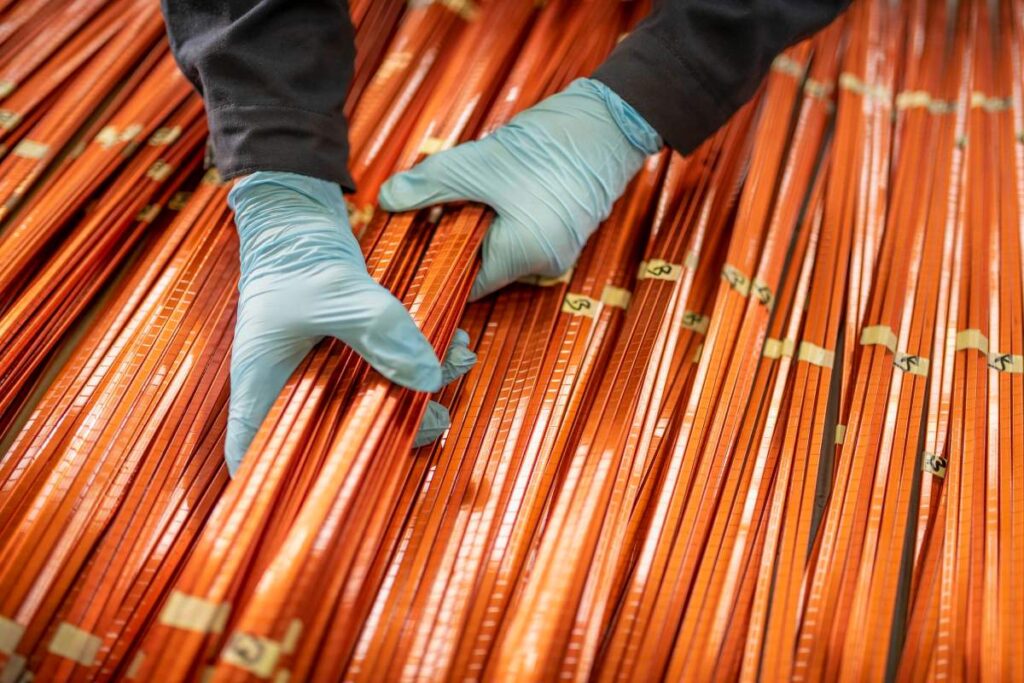Copper is essential for the energy transition away from fossil fuels. The metal is an excellent conductor of electricity and is used in everything from electric cars to wind turbines. But the International Energy Agency predicts that copper supply will fall 20% short of demand in a decade.
One stealthy startup thinks it can help close the gap by helping miners extract more copper from their mines. To do so, Colorado-based Endris is turning to microbes.
Currently, most copper recovery is done through hydrometallurgy, typically by pouring acid onto piles of rock to strip some of the copper away. Endris complements this process by adding what are essentially domesticated microorganisms that increase the amount of copper that gets leached out of the rock.
“We conservatively believe copper production can grow by another 10%,” Liz Dennett, founder and CEO of Endris, one of the startups in TechCrunch Disrupt 2024's Startup Battlefield 200, told TechCrunch.
The industry would welcome improved recovery rates. Metals mining is like searching for a needle in a haystack: Prospectors spend hours searching for a potentially profitable deposit. Then miners spend years digging it out, applying chemicals to recover tiny amounts of the metal. In the case of copper, mine rocks contain about 1 percent copper, and only about half of that is typically recovered, Dennett says.
 Endris leadership team, from left: Christy Green, Liz Dennett and Renee Hodges. Image courtesy of Endris.
Endris leadership team, from left: Christy Green, Liz Dennett and Renee Hodges. Image courtesy of Endris.
To extract 10% more copper, Endris first studies conditions within a given mine's heap leach. The startup takes samples from different parts of the sediment and then inoculates them with microbes that it thinks might suit the task. It then takes the most promising candidates and accelerates their evolution in the lab by exposing them to stressful conditions, like high arsenic or salt water, depending on the conditions of the heap. The result is a population of microbes that can extract more copper from the rock.
“We're turning ordinary microbes into Olympic-level athletes,” Dennett says.
Dennett, who has a PhD in geomicrobiology, was previously chief technology officer at Semvita, a company that uses microbes to turn waste into more valuable materials. “I was naturally drawn to the biomining group,” she says. “The board asked me to see what was there. What would we do? Would we sell it? Would we spin it? What would it take to make this a huge success at the end of the day?”
Last year, the company spun out Endolith as a standalone company, and Dennett began raising money. Now, the company has raised an oversubscribed $5.13 million seed round led by Collaborative Fund and Overture, with participation from Grok Ventures, Nomadic Venture Partners and Nucleus Capital, the company told TechCrunch exclusively.
“We received the term sheet in six weeks,” she said, adding that the funding round closed in about three months. Dennett added that Semvita remains a “very minor shareholder.” “They have very little involvement in our day-to-day operations.”
One of the big changes for Semtiva has been narrowing the number of product lines from five to two: copper and lithium. “We’ve narrowed our focus,” she says. “Everybody loves platform companies until it’s time to commercialize.



